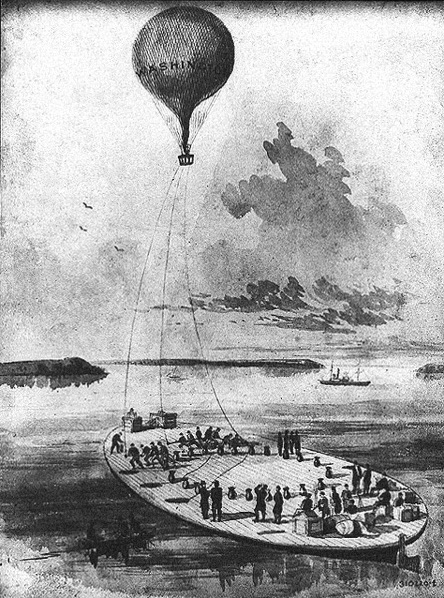The political economy of Solon’s law against neutrality in civil wars, evaluated in game theory.
I posted about Solon's counterintuitive law that punished people who refused to take sides in a civil strife. The paper linked at the top begins with a little history of arguments about Solon's law--quite a number of people living 2600 years after the event are certain that a report written only 200 years later must be mistaken. Would a wise lawgiver put in a clause that might cause his laws to be overthrown?
The authors apply some game theory to the Athenian situation (whose population was legally divided into classes by wealth), assuming that revolts would be driven by rent-seeking high-status leaders. They find that the rule requiring everybody to join the melee tends to suppress the inclination of the wealthy to try to corner the whole pie.
It isn't obvious, and I suspect the origin of Solon's law might have been more emotional, driven by exasperation, instead of decided by calculation.
It might be instructive to game this out in modern America. We have had fringe revolutionists for a very long time, with such luminaries as Charles Manson, Bill Ayers, and the current pro-Hamas occupiers. The sociopolitical system we have works for most of the people. In a conflict with no neutrality, the revolutionists would be terribly outnumbered by the people with something to lose. The only way for the revolutionists to survive would be to battle from underground, robbing banks to get funding (as many of them did), and hope for the "best" (aka chaos they could exploit). It seems Solon's rule wouldn't change much.
OTOH, powerful and better-connected people who want more power and more complient plebs (you can think of a few on the opposite side from you, and an opponent think of a few on your side, and both of you be right) are able, now perhaps even more easily than in Solon's time, to persuade masses that their cause is existential. Without neutrality, they'd have to persuade more than a plurality. Would that reduce the risk of civil war?
No. The powerful aren't any wiser than you or I, and self-deception is just as popular a pastime with them as with us. And once a war gets rolling (or even just the pre-war posturing heats up), especially if it involves populations larger and more diverse than a mere city-state like Athens, there's no predicting the direction.
It doesn't look like a silver bullet to me. It might help with the fringe revolutionaries, but they're arguably cultists, and game theory considerations don't enter when you're talking about ultimate values.
UPDATE: Of course, forbidding neutrality is stunningly arrogant. Looking at warring factions, a legitimate option is "A plague o' both your houses!"

